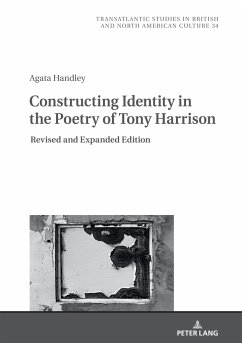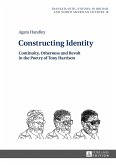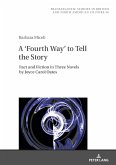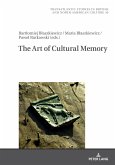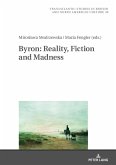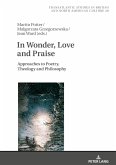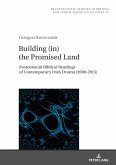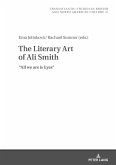When, in 1948, Tony Harrison entered Leeds Grammar School as a scholarship boy, he found himself, as Richard Hoggart saw, "at the friction point of two cultures". His schooling introduced him to the "classics"; but it also deprived him of a clear identification with the place where he grew up. His work reflects and explores this tension; and it may be seen, in some ways, as a form of "identity construction."
The book examines key texts such as v. and the School of Eloquence sequence, where this "construction" takes different forms-oscillating between identity as a state, or a process; as continuity, or change; or as the outcome of conformity, or revolt.
This second edition has been extensively revised and includes a new chapter on Harrison's Elegies.
The book examines key texts such as v. and the School of Eloquence sequence, where this "construction" takes different forms-oscillating between identity as a state, or a process; as continuity, or change; or as the outcome of conformity, or revolt.
This second edition has been extensively revised and includes a new chapter on Harrison's Elegies.

